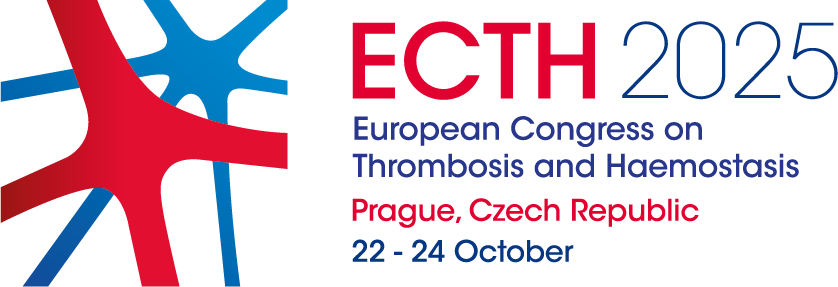Denisa Wagner
Denisa Wagner grew up in Prague, Czechoslovakia. She studied Biochemistry at the University of Geneva, Switzerland. Then she moved to the United States, where she obtained a Ph.D. in Biology from the Massachusetts Institute of Technology. She is currently the Edwin Cohn Professor of Pediatrics in the Program in Cellular and Molecular Medicine and the Division of Hematology/Oncology at Boston Children’s Hospital.
Her expertise lies in the fields of vascular biology, inflammation and thrombosis. For many years, her laboratory’s research has focused on adhesion molecules. Specifically, the regulation of their expression and function in normal physiology, and in pathological situations. Her lab has engineered mice lacking platelet, endothelial, or leukocyte adhesion molecules, such as von Willebrand factor and P-selectin, and has studied these mice in disease models. One of the lab’s main interests is the interplay of inflammation and thrombosis. Recently, they have begun to explore the impact of neutrophil extracellular traps (NETs), which are chromatin coated with enzymes that are actively released from stimulated neutrophils.
Dr. Wagner’s group has found both an important prothrombotic role of NETs, as well as detrimental/toxic effects of NETs formed during injury and after myocardial infarction. Most recently, they observed that NET formation is enhanced by cancer, diabetes, and the aging process; conditions that promote inflammation and thrombosis. Dr. Wagner is the recipient of the Robert P. Grant Medal from the ISTH, an Outstanding Investigator Award by the NHLBI, and was named Distinguished Scientist by the AHA in 2017.
